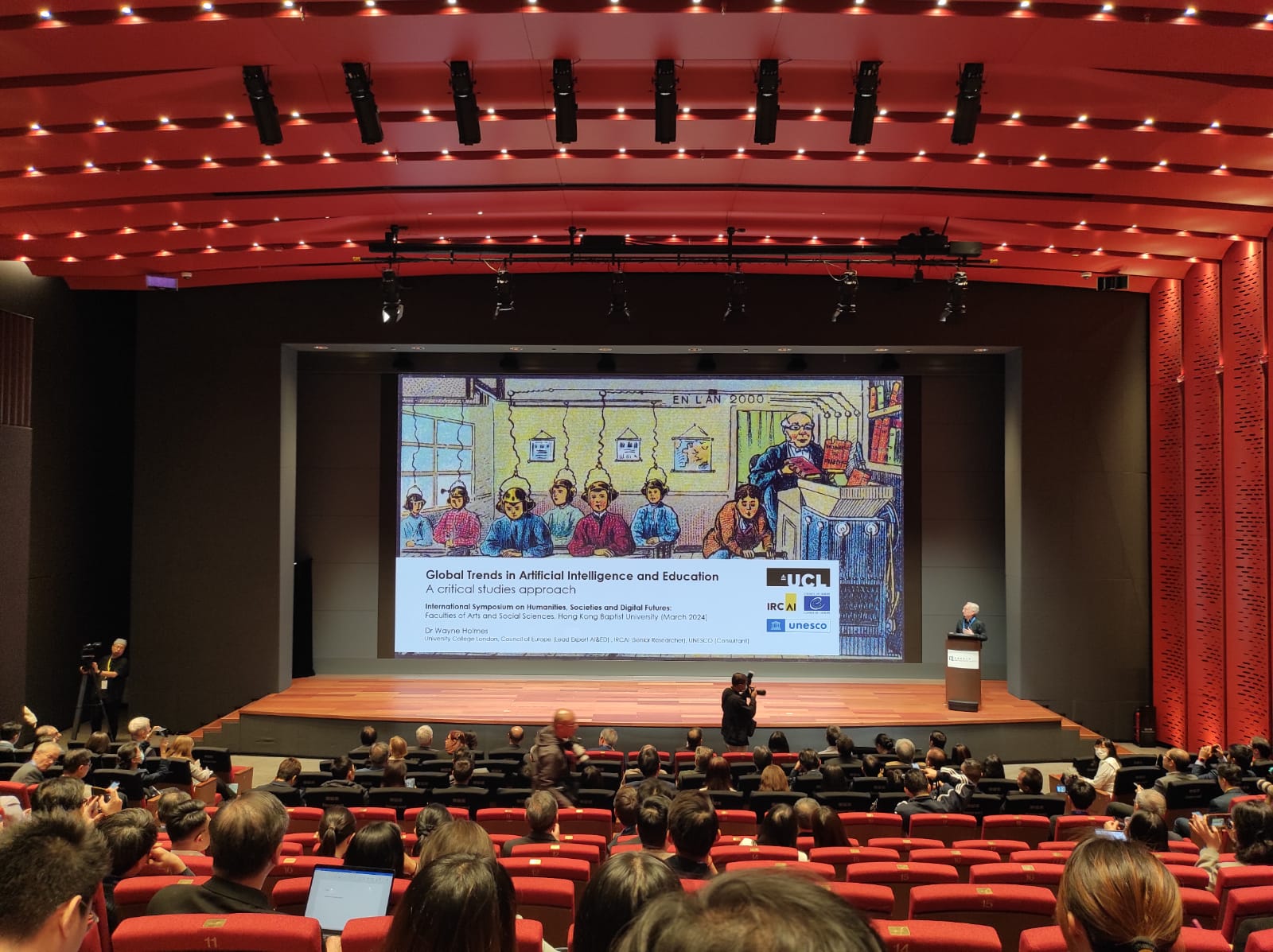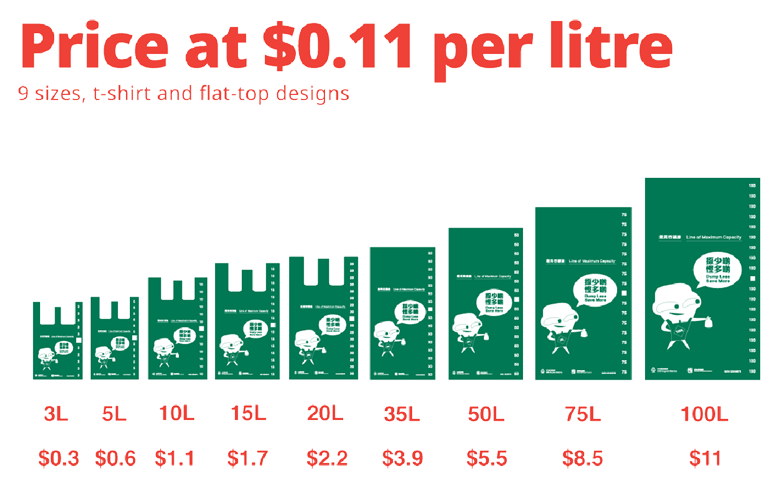Smart Leadership in public management and governance – Garbage Bags Regime clearly lacks citizen engagement
Smart Leadership in Public Management and Governance: Amplifying the Voice of the Citizen
In the realm of public management and governance, the role of smart leadership is instrumental in shaping the future of societies. Traditional leadership paradigms are evolving, with an increasing emphasis on inclusivity, transparency, and citizen participation. In this regard, one crucial aspect of smart leadership is the recognition that the voice of the citizens should be at the forefront of decision-making processes. By actively listening to and engaging with the concerns and aspirations of the people they serve, smart leaders can foster a more responsive and effective governance system. This article explores the relevance of citizen engagement in public management and the ways in which smart leaders can harness its power for the benefit of society.
Take an example of the Hong Kong Garbage Bag tax regime. This is a policy that aims to reduce waste and encourage citizens to adopt more sustainable behaviors. However, the delay in its implementation and the lack of understanding among citizens highlight the importance of citizen engagement and education in the success of Smart City initiatives. There are plenty of evidence that the government officials – particularly the new leadership team put in place had not been following up the last governments campaign. The poor understanding of the entire regime is very obvious. The government leadership team really need to apply Design Thinking principles to understand the real pain point and to help deliver this project with better customer experience.
Additionally, lifelong learning and upskilling are also important aspects of Smart City Development. In the case of the Garbage Bag tax regime, citizens may need to learn new behaviors and habits to reduce waste and comply with the policy. The government can provide educational resources and training programs through the district councillors team to help citizens understand the policy and adopt more sustainable behaviors. However, such undertaking – engagement exercise were clearly missing.
In conclusion, the Hong Kong Garbage Bag tax regime highlights the importance of citizen engagement, education, and lifelong learning in the success of Smart City initiatives. By engaging with citizens and providing educational resources, the government can help citizens understand the policy and adopt more sustainable behaviors, ultimately contributing to a healthier and more sustainable city.
The implementation deadline is now officially postponed – due to poor implementation / citizen engagement and poor smart city governance. At the end, this is because of poor leadership. According to the recent article written by RTHK News – a big percentage of our citizens still don’t understand
This RTHK article (partially screen captured below) can be found here https://news.rthk.hk/rthk/en/component/k2/1737039-20240120.htm

The Power of Citizen Engagement
Citizen engagement refers to the active involvement of individuals in the decision-making processes that directly impact their lives. It encompasses a range of activities, including public consultations, participatory budgeting, citizen advisory committees, and online platforms for feedback and suggestions. Engaging citizens in governance is not merely a symbolic gesture but a means to tap into the collective intelligence of a diverse population. When citizens are given a platform to voice their concerns, ideas, and preferences, it leads to more informed and inclusive policies.
Listening to the Citizens
Smart leaders understand that listening to the citizens is an essential component of effective governance. They recognize that every citizen has a unique perspective and valuable insights to contribute. By actively seeking out and listening to diverse voices, leaders gain a deeper understanding of the challenges faced by their communities and can develop more comprehensive solutions. This requires going beyond the traditional channels of communication and actively engaging with citizens through town hall meetings, public forums, online surveys, and social media platforms.
Creating Space for Dialogue
In addition to listening, smart leaders create space for meaningful dialogue between citizens and decision-makers. They encourage open discussions, debates, and deliberations that allow for the exchange of ideas and the exploration of different perspectives. This dialogue-driven approach enables citizens to feel valued and empowered, fostering a sense of ownership and collective responsibility for the governance process. By involving citizens in the decision-making process, leaders can gain valuable insights, build trust, and enhance the legitimacy of their actions.
Transparency and Accountability
Smart leadership recognizes that transparency and accountability are essential in building public trust. By proactively sharing information about government initiatives, policies, and decision-making processes, leaders foster an environment of openness and trust. They ensure that citizens have access to reliable information and are well-informed about the rationale behind specific actions. Furthermore, smart leaders embrace accountability by clearly articulating the goals, objectives, and expected outcomes of their policies and by regularly reporting on progress and results. This transparency strengthens the relationship between leaders and citizens, promoting a sense of shared responsibility.
Harnessing Technology for Citizen Participation
In the digital era, technology plays a pivotal role in facilitating citizen participation. Smart leaders leverage technology to create accessible platforms for citizen engagement, enabling people to provide feedback, express their opinions, and contribute to policy discussions. Online platforms, mobile apps, and social media channels offer opportunities for real-time interactions and feedback loops between leaders and citizens. By harnessing these technological tools, smart leaders can overcome traditional barriers and engage a broader and more diverse range of citizens.
In conclusion, when we discussed public management and governance, smart leadership is characterized by an unwavering commitment to citizen engagement. By actively listening to the citizens they serve and creating spaces for dialogue, smart leaders tap into the collective wisdom of their communities. They embrace transparency and accountability, fostering a sense of trust and shared responsibility. Moreover, they leverage technology to enhance citizen participation, ensuring that the voices of all citizens are heard and considered. By making citizen engagement a cornerstone of their leadership, smart leaders pave the way for more inclusive, responsive, and effective governance systems.









